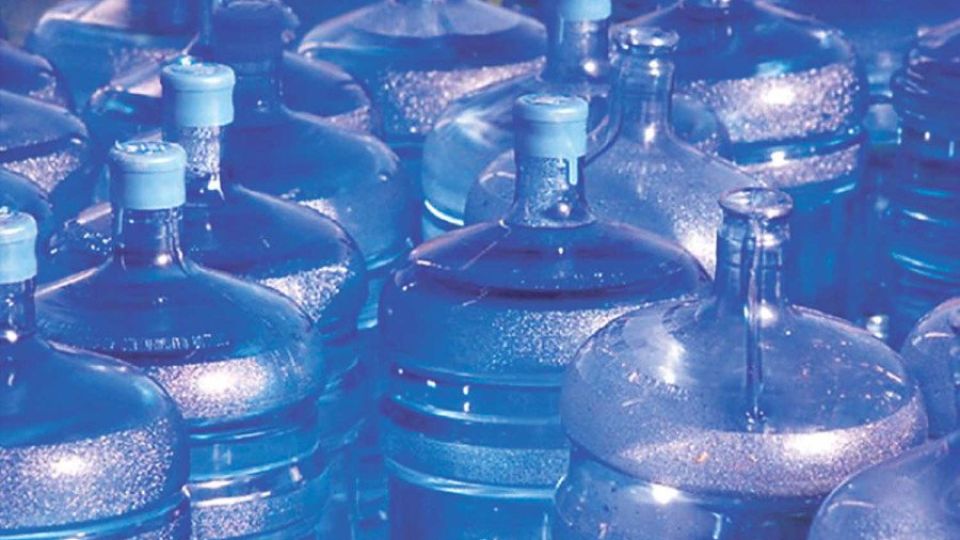August 1, 2023
KATHMANDU – Almost all drinking water samples collected from various localities of Kathmandu district for quality check have been found contaminated with faecal coliform, a microscopic organism that lives in the intestines of warm-blooded animals or their faeces.
The presence of faecal coliform means the drinking water being used by the residents of Kathmandu is contaminated with sewage, doctors say.
“Almost all water samples collected from 10 places in Kathmandu have been found contaminated with faecal coliform,” said Sagar Ghimire, chief of the Health Office, Kathmandu. “We have called a meeting of all stakeholders on Monday to alert them about a possible risk of an outbreak of waterborne diseases.”
The samples were collected last week and officials have yet to announce the results.
According to the Health Office, Kathmandu, most of the water samples collected for testing was jar water. A few samples from public taps were also collected.
“Testing of water samples in the monsoon season is our regular work,” said Ghimire. “But the report shows an alarming deterioration in the quality of drinking water.”
Compared to water from other sources, people in the Kathmandu Valley believe that bottled water is safer. However, the presence of deadly microbes suggests many (if not most) jar water brands are unsafe to drink, without treatment.
A similar study carried out by the Epidemiology and Disease Control Division in the first week of June showed that nearly a third (32.6 percent) of the drinking water being used in Kathmandu was contaminated with faecal coliform.
Along with jar water, tests were carried out on tap water supplied by the state utility. Samples of tanker water, tubewell water, water from wells, and Melamchi water too, were tested at the time.
“The presence of faecal coliform in jar water shows that the water is contaminated with faeces,” said Dr Sher Bahadur Pun, chief of the Clinical Research Unit at Sukraraj Tropical and Infectious Disease Hospital. “We should not forget that cholera also spreads from faecal water contamination.”
Experts have asked the general public to ensure their water is safe before drinking.
Ghimire, the chief of the Health Office Kathmandu, said he had informed officials at the Department of Food Technology and Quality Control about the presence of deadly microbes in jar water being sold in Kathmandu. Regulation of the quality of jar water falls under the department’s jurisdiction.
Last year, the Kathmandu Valley witnessed a massive cholera outbreak. At least 70 people tested positive for Vibrio cholera 01 Ogawa serotype at the time.
Cholera is a highly infectious disease that causes severe diarrhoea and vomiting, resulting in dehydration and can lead to death within hours, if left untreated.
Public health experts say the consumption of contaminated water not only causes cholera, but also increases the chances of contracting dysentery, typhoid, and Hepatitis A and E.
Doctors say initiating awareness drives and ensuring safe drinking water are the only ways to save people from water-borne diseases, including cholera. A combination of careful surveys, provision of safe drinking water, good sanitation and hygiene standards, social mobilisation, and treatment are required to contain the spread of infection, they added.


